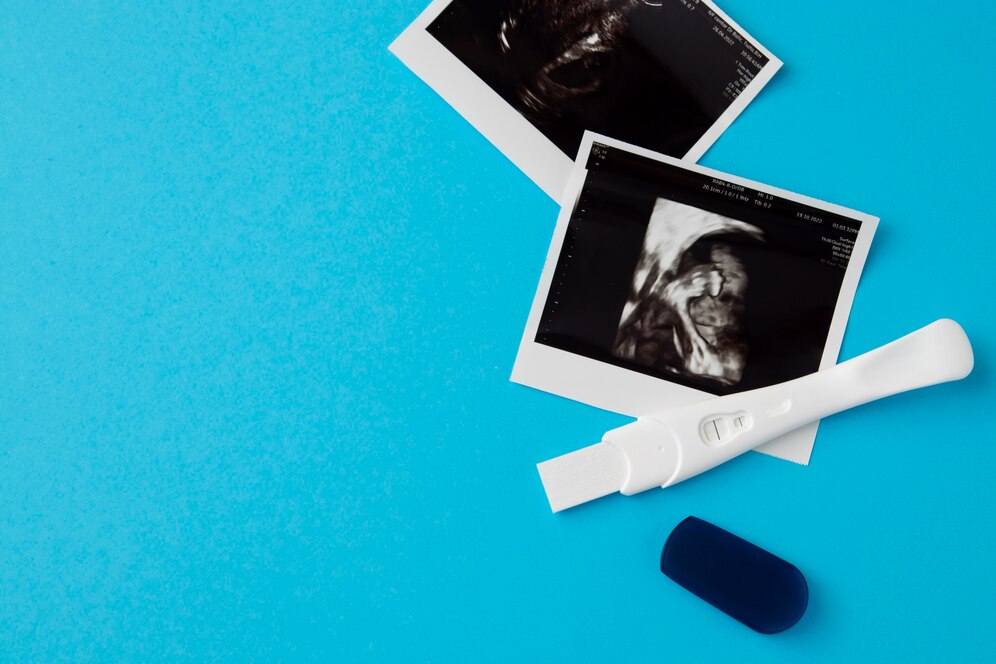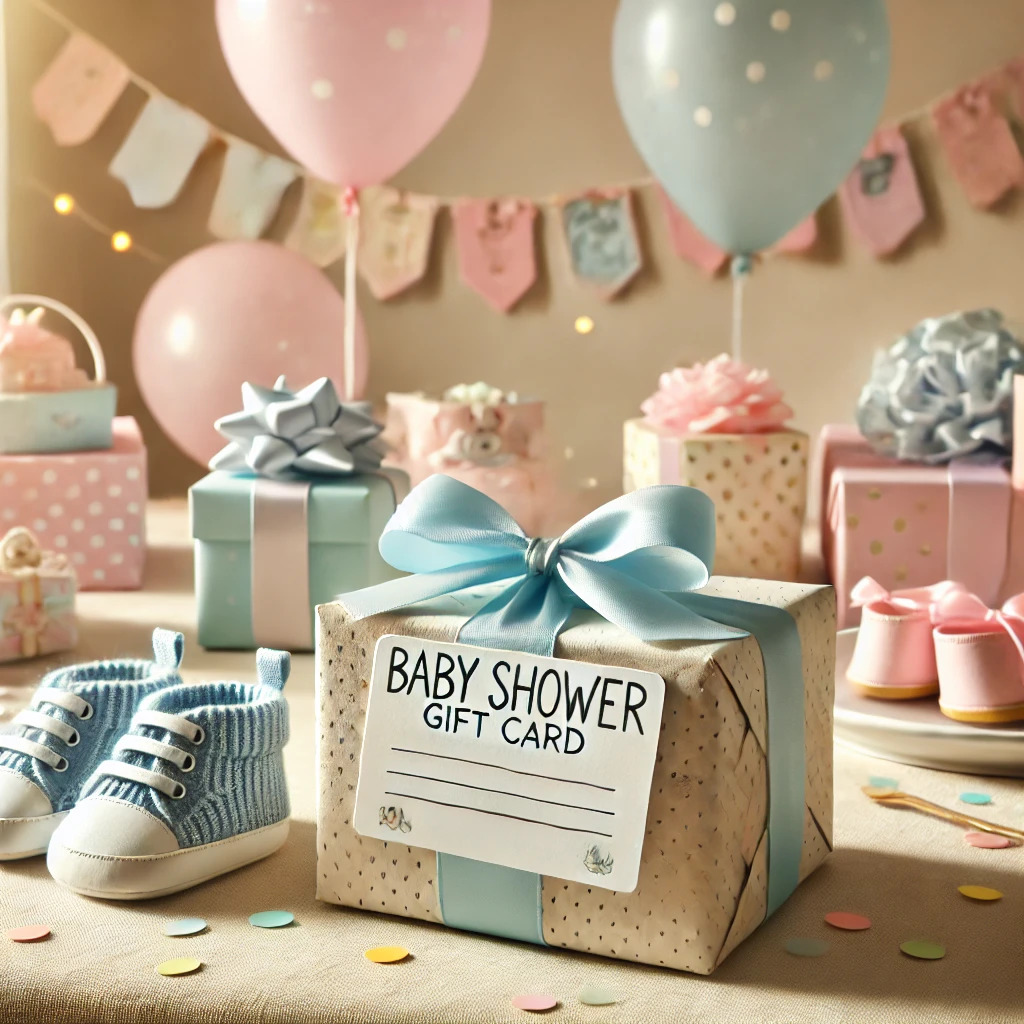
Why Every Parent Should Get 3D/4D Ultrasound Baby Pictures
Pregnancy is an exciting journey that is filled with joy and a little bit of nervousness. Every parent wonders what their baby will look like,

Burping is an essential part of feeding because a newborn can always swallow some amount of air while feeding. Failing to burp the baby will only lead to a build-up of pressure, which can make the baby fussy. Parents! Never worry since burping their baby is now easier than they have ever imagined it to be.
Newborns swallow air while feeding. This air can get trapped in their tiny tummies. Do you want to know how to burp a newborn? Read below.
Burping helps release this air. This makes your baby feel more comfortable and also reduces the risk of gas pains.
Burping isn’t a one-time action during feeding. You may need to burp your baby. So, do you want to know when you should burp your baby? Read below and find out.
Effective Burping Positions To Try
Undoubtedly, its important to burp your baby in the right position. Do you want to know the three common burping positions? Keep on reading.
Do you want some quick tips for burping a newborn? Continue reading.
Take a few minutes trying to burp the baby. If there is no burp at all, it is alright to pause and burp later on, but make sure that the baby does not consume food for at least thirty minutes. Remember, not all babies need to burp after every feed.
Sometimes, burping alone isn’t enough to ease your baby’s discomfort. Do you want to know how to help with stubborn gas? Take a look.
If gas becomes a recurring issue, you should consult your pediatrician for guidance.
Burping your baby may seem like a difficult task at first but with a little practice, it becomes really easy. So, remember, your calm and gentle approach will certainly make all the difference!

Our 4 Baby ultrasound and sonogram sessions allow you to see your unborn baby in 2d, 3d, and 4d live motion with a 3D/4D/HD ultrasound at our locations in Texas, serving Dallas, Fort Worth, Waxahachie, Ennis, Grapevine, Frisco, Flower Mound and Tyler Texas as well.

Pregnancy is an exciting journey that is filled with joy and a little bit of nervousness. Every parent wonders what their baby will look like,

Shopping for a baby shower gift can be tricky. With so many options, how do you know what the parents really need? A gift card
2025 © 4babyultrasound All rights reserved | Powered by 4Baby Ultrasound & Photography Boutique